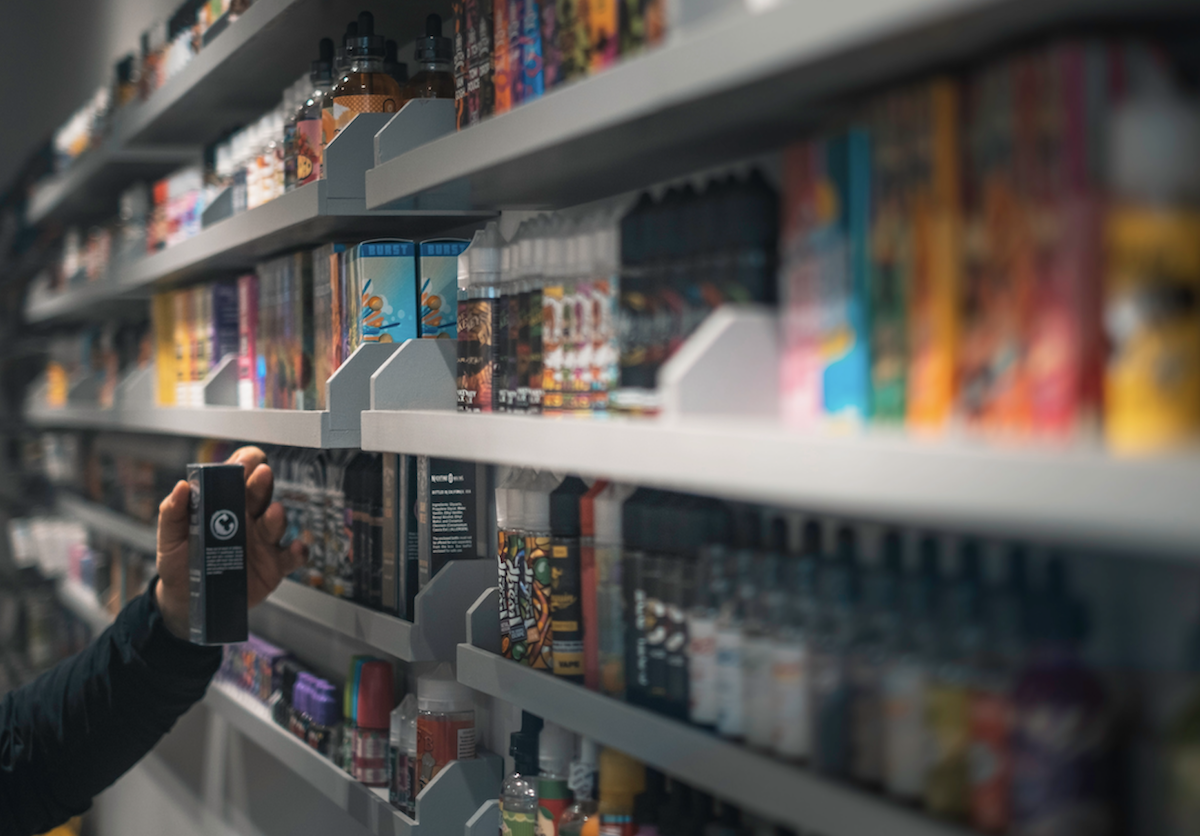On February 1, the Eleventh Circuit Court of Appeals granted four nicotine vape manufacturers—Bidi Vapor, Diamond Vapor, Johnny Cooper and Vapor Unlimited—judicial stays on their marketing denial orders (MDOs) issued by the Food and Drug Administration (FDA). The decision means that these producers can continue selling their harm reduction products while the lawsuits remain active.
They followed dozens of other vape companies in taking legal action against the FDA, after the agency denied thousands of products through its new premarket tobacco product application (PMTA) pathway. In the PMTA process, the FDA has to determine whether submissions are “appropriate for the protection of public health”—a hazy standard that has now come to be understood as a given product’s likelihood of helping adult smokers transition to safer alternatives while not introducing a new generation to nicotine.
The FDA had until September 2021 to review applications filed by all vape companies a year earlier, but has struggled with the paperwork. So far, the agency has authorized just one vaping product and two tobacco-flavored cartridges, denied thousands of PMTAs from small- to medium-sized companies, and delayed making decisions on the companies with the largest market share.
Many of the manufacturers that received MDOs and filed lawsuits against the FDA have raised near-identical arguments, insisting that the agency acted “arbitrarily” and “capriciously” in denying their PMTAs. More specifically, they lay out how the FDA changed its PMTA standard after the filing deadline and never opened up any useful lines of communication, leaving producers guessing and then scrambling to meet shifting goalposts. As Filter reported, the agency seems to have applied a sweeping “Fatal Flaw,” checklist method to determine whether or not an application contained two specific types of long-term studies and, if not, summarily issued an MDO without looking at any other data or information, including marketing plans.
The FDA had apparently led Bidi to conclude it would not necessarily need long-term studies.
Take Bidi, for example: According to court filings, the company spent two years assembling its PMTAs at a cost of around $6.6 million. The manufacturer filed 285,000 pages of information, “including health risk and toxicological data, marketing restrictions, and scientific literature reviews,” and “demonstrated [the] products provide substantial benefits in terms of lower relative health risks [compared with smoking].”
But the FDA, apparently, reviewed none of that—and had apparently led Bidi to conclude it would not necessarily need long-term studies. (The FDA had previously issued Bidi an administrative stay in October, so the manufacturer has technically been allowed to sell its products since then without fear of enforcement.)
“Significantly, in response to a February 2020 pre-PMTA meeting request by Bidi to discuss product comparison testing requirements, FDA sent a letter explicitly stating there are no requirements ‘for applicants to conduct clinical studies or trials to support a PMTA’ and there are no ‘specific requirements for evaluating comparator products,” a Bidi court briefing reads. “Indeed, FDA never said Bidi must compare the cessation benefits of its non-tobacco flavored products to its tobacco flavored product and [that] the absence of such a study would, without any scientific review, automatically result in an MDO.”
Appeals courts other than the Eleventh Circuit are dealing with similar lawsuits, too: Back in October, the Fifth Circuit granted a stay for Triton Distribution, along with a scathing opinion critical of the FDA. (Judges recently listened to oral arguments regarding whether Triton’s MDO should be vacated, floundering somewhat with the subject matter.) The Sixth Circuit, meanwhile, denied an analogous stay motion for Breeze Smoke.
It’s far too early to know, but differing decisions on highly similar cases from a variety of circuit courts could eventually get the Supreme Court involved.
Photograph by E-Liquids UK on Unsplash





Show Comments